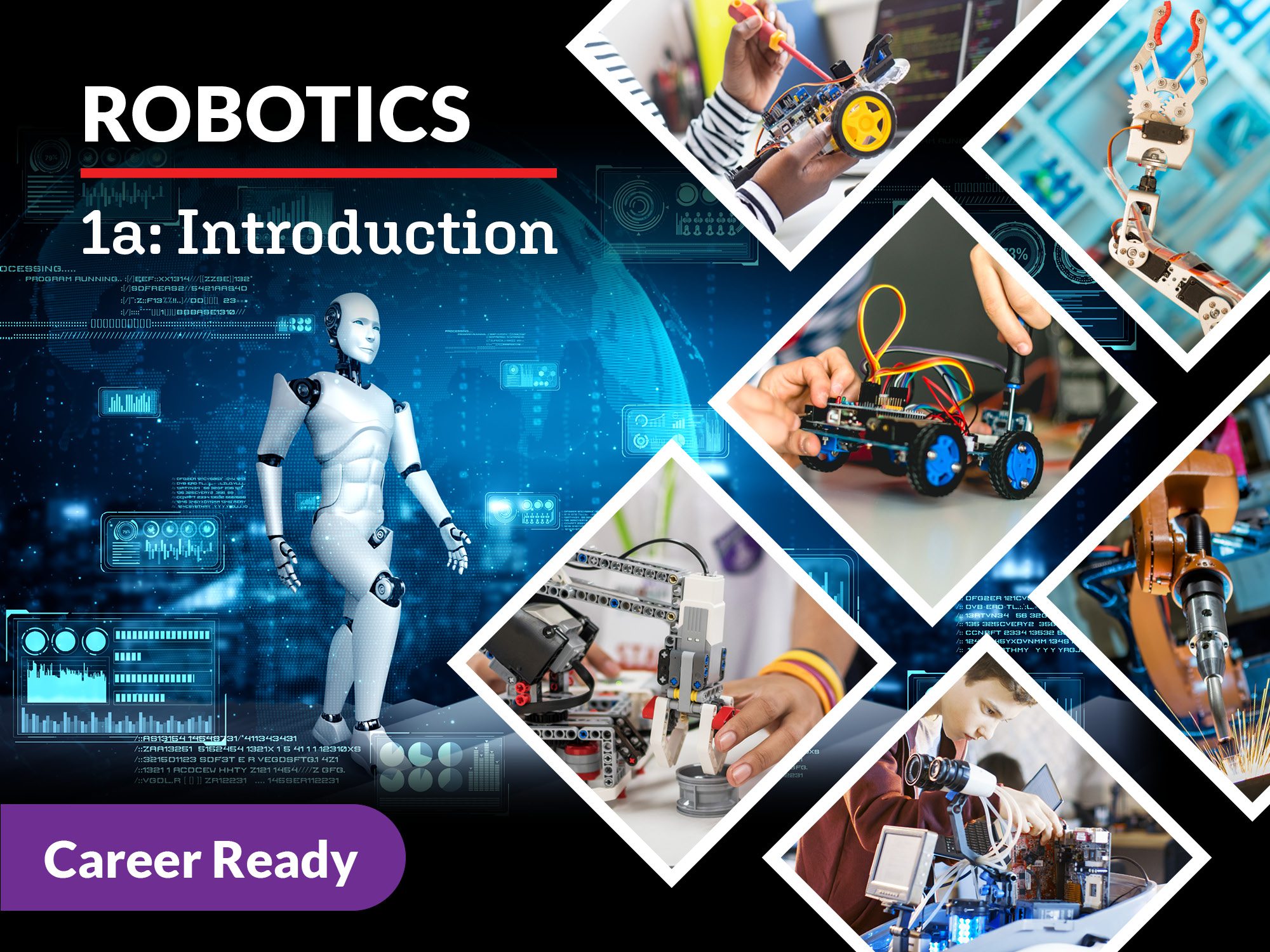Blitz News Digest
Stay updated with the latest trends and insights.
Robots with Personality: Are They More Human Than We Think?
Discover if robots with personality are blurring the line between human and machine. Are they more relatable than we realize? Dive in!
Exploring the Evolution of Robots: How Personality is Changing Human-Robot Interaction
The evolution of robots has been remarkable, especially in how their personality is shaping human-robot interaction. Initially, robots were primarily viewed as mechanical tools designed for repetitive tasks. However, advancements in artificial intelligence and machine learning have enabled robots to exhibit traits that resemble human personality characteristics. This shift has made it essential for developers to incorporate personality into robotic design, enhancing their ability to perform tasks in social contexts. For example, robots are now often programmed to respond to emotional cues, allowing them to engage in more meaningful interactions that can improve user experience.
As robots become more integrated into daily life, their personality traits significantly influence the relationships humans form with them. This transformation is evident in various fields, from healthcare to education, where robots are increasingly seen not just as tools, but as companions. By incorporating elements such as empathy, humor, and adaptability, robots can foster trust and rapport with users. Personality in robots is not only enhancing functional interactions but is also opening up new avenues for collaboration, making it crucial for future developments in robotics to prioritize emotional intelligence alongside technical skills.

Can Robots Truly Understand Emotions? A Deep Dive into AI Companionship
The question of whether robots can truly understand emotions is a complex and evolving topic, particularly in the realm of AI companionship. While advancements in artificial intelligence have led to robots that can recognize emotional cues through facial expressions and voice tone, true emotional understanding involves more than just pattern recognition. Many researchers argue that genuine emotional intelligence encompasses empathy - the capacity to share and understand another's feelings, which is challenging for machines that lack consciousness and subjective experience. As we delve deeper into AI companionship, we must differentiate between emotional simulation and actual understanding.
Despite these challenges, there are numerous applications where emotional recognition by robots can enhance human experiences. For instance, AI companions can provide valuable support to individuals in therapy or mental health settings by responding appropriately to emotional signals, thus creating a semblance of companionship. In such scenarios, the role of robots evolves from being mere tools to becoming interactive partners capable of engaging in meaningful dialogue. However, the question remains: as we advance in AI technology, will these interactions lead to a genuine emotional connection, or will they remain superficial imitations?
Do Robots with Personality Challenge Our Definition of Humanity?
The advent of robots with personality has ignited a fascinating debate about the essence of humanity. As these machines become increasingly sophisticated, capable of displaying emotions and engaging in meaningful interactions, we are left to ponder: do these robots challenge our definition of humanity? While some argue that emotional intelligence and personality traits are unique to humans, others see the emergence of personality-rich robots as an opportunity to re-evaluate our understanding of what it means to be human. This evolution raises pivotal questions: Is empathy and connection solely a human trait, or can it be artificially constructed?
Moreover, the integration of robots with personality into our daily lives prompts us to consider the implications for society. If a robot can express human-like emotions, should it not also be afforded certain rights? This question mirrors past societal shifts where definitions of personhood have been expanded, challenging entrenched beliefs. As our interactions with these robots deepen, we must ask ourselves whether the possession of personality—either artificial or organic—should alter our philosophical and ethical frameworks surrounding what it means to be human in an increasingly automated world.